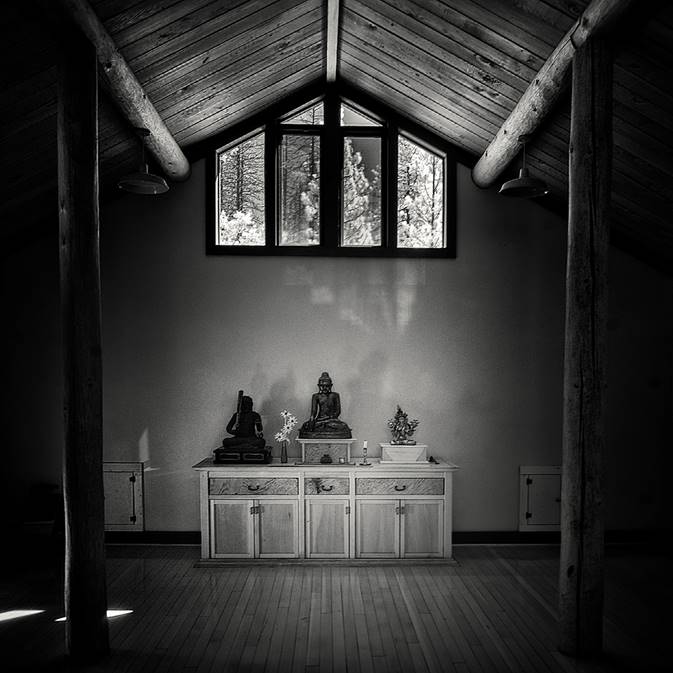|
Last Monday, Governor Inslee issued a stay at home order for all people in the state of Washington. In this new reality—a new “normal” of staying put, of not coming and going—our doings are now centered on only what is essential; providing and procuring services that are essential to survival. I was relieved to see that mental health services “officially” qualified. Your therapy is essential. It’s nice to have it said in writing, though it says nothing my own experience hasn’t already told me in ten thousand other and more profound ways. So I’ve been thinking a lot about what’s essential lately. Like food. Eating. It’s at the heart of the great matters of living and dying, as the Buddhist teachings call it (Samsara). When popping over to the store becomes an issue of public health, of possibly endangering other people’s lives as well as your own, but nevertheless remains utterly necessary, suddenly the whole web of interdependence and interconnection that makes this possible becomes palpable in a new way. It gets real, very fast. And I found myself aware that the cashier at the grocery store was risking their life for mine and everyone else who needed groceries. But there’s no way around it. There’s no way to live without harming the other—or being harmed by the other. There’s no way to live without burdening the other—and being burdened. And by ‘the other’ I’m also thinking about nonhumans and the earth. What do you do with that? I found myself going back to one of my favorite pieces of writing by Gary Snyder (which is saying a lot, since I’m a huge fan). It’s actually the last section of his essay, “Survival and Sacrament” in Practice of the Wild. The existential problem (or impossibility) of nonharming is reframed as the problem of Grace—the sacramental nature of all of life. And I love the answer he gives: gratitude. This is the crux of it: “Everyone who ever lived took the lives of other animals, pulled plants, plucked fruit, and ate. Primary people have had their own ways of trying to understand the precept of nonharming. They knew that taking life required gratitude and care. There is no death that is not somebody’s food, no life that is not somebody’s death. Some would take this as sign that the universe is fundamentally flawed. This leads to a disgust with self, with humanity, and with nature. Otherworldly philosophies end up doing more damage to the planet (and human psyches) than the pain and suffering that is in the existential conditions they seek to transcend” (p. 196). Instead of disgust and guilt, gratitude. Welcome to your part in the shimmering web of life. Grace We venerate the Three Treasures [teachers, the wild, and friends] And are thankful for this meal The work of many people And the sharing of other forms of life (p. 198). The altar at Gary Snyder's zendo, Ring of Bone. Photo by Nathan Wirth (thanks!)
|
AuthorElizabeth Sikes, Ph.D., LMHC Archives
March 2020
Categories
All
|
3136 E Madison st, Suite 300 S, Seattle, Wa 98112
iNTERCONNECTEDCOUNSELING [at] GMAIL [dot] COM
Copyright © 2016

 RSS Feed
RSS Feed